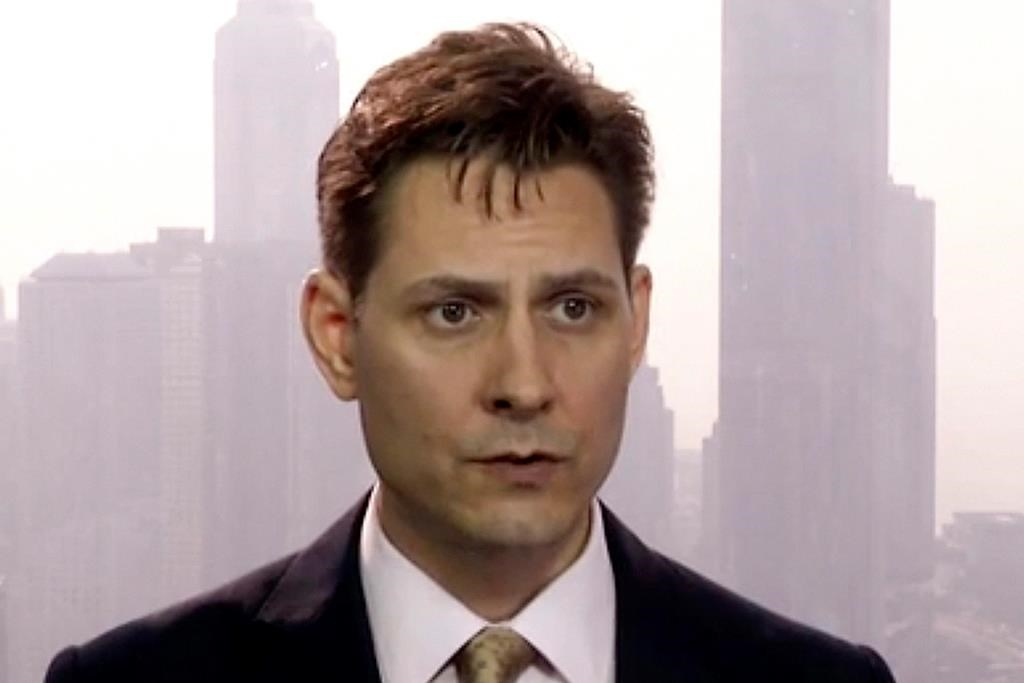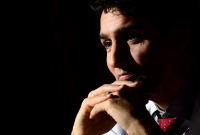Support strong Canadian climate journalism for 2025
A former Canadian diplomat detained in China last month does not enjoy diplomatic immunity, a Chinese spokeswoman said Monday, rejecting a complaint from Prime Minister Justin Trudeau that the man's rights were being denied.
Trudeau said last week that Chinese officials were not respecting the diplomatic immunity of Michael Kovrig.
He was arrested along with Canadian entrepreneur Michael Spavor on vague national security allegations after a top Chinese executive with telecommunications network equipment giant Huawei was detained in Canada on Dec. 1 at the request of Washington.
However, Chinese Foreign Ministry spokeswoman Hua Chunying told reporters Monday that Kovrig is no longer a diplomat and entered China on an ordinary passport and business visa.
"According to the Vienna Convention of Diplomatic Relations and international law, he is not entitled to diplomatic immunity," Hua said at a daily briefing.
Kovrig, a Northeast Asia analyst for the International Crisis Group think-tank , took a leave of absence from the Canadian government.
Washington wants Huawei executive Meng Wanzhou — the daughter of the company's founder — extradited to face charges that she misled banks about the company's business dealings in Iran. She is out on bail in Canada and awaiting a bail extradition proceeding next month.
China's ambassador to Canada accused the country last week of "white supremacy" in calling for the release of the two Canadians, while describing the detentions as an "act of self-defence."
However, Hua said the allegation that China arbitrarily detained Canadian citizens is "totally groundless."
On Friday, Poland arrested a Huawei director and one of its own former cybersecurity experts and charged them with spying for China. That comes amid a U.S. campaign to exert pressure on its allies not to use Huawei, the world's biggest maker of telecommunications network equipment, over data security concerns.
Poland's move has raised concerns over the safety of its nationals in China, although Hua appeared to brush off such worries, emphasizing China's desire for the "sound and steady" development of relations with Poland.
"As long as the foreign citizens in China abide by Chinese laws and regulations, they are welcomed and their safety and freedom are guaranteed," Hua said.





Comments